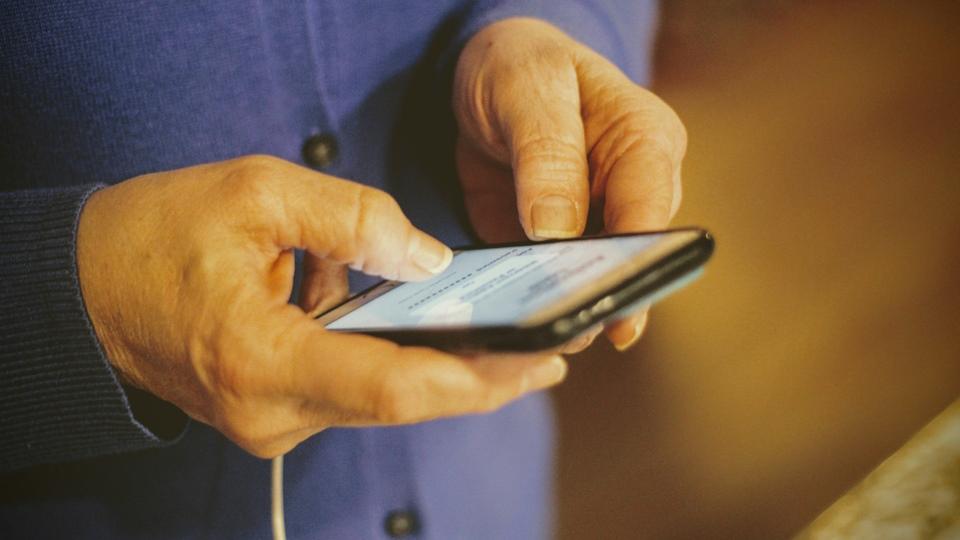AI voice assistant can spot complications in heart patients

A virtual voice assistant that calls patients after heart procedures can allow them to be discharged from hospital earlier and identify patients who may need follow-up interventions, according to a new study.
The TeleTAVI trial was carried out in 274 people with a narrowing (stenosis) of the aortic valve who needed a replacement implanted and used a voice assistant called Lola, created by the Spanish company Tucuvi. It will be presented at the European Society of Cardiology (ESC) annual congress that gets underway in London on Friday.
In the study, patients undergoing a transcatheter aortic valve implantation (TAVI) procedure were given the option of receiving follow-up telephone calls with the voice assistant, which uses artificial intelligence and natural language processing to assess responses to questions about their cardiovascular situation. Only six declined to participate.
LOLA called those who agreed to use the service a week after they left hospital, and subsequently at two weeks, one month, three months and 12 months after discharge.
More than half of the calls (57%) resulted in an alert that prompted at least one intervention by medical staff to keep the patient's recovery on track, while in the remainder no red flags were detected and there was no need for a review.
Patients were happy with LOLA – 89% reported a good or very good level of satisfaction with the virtual voice assistant – and there was a high level of compliance with 85% of calls completed throughout the follow-up period.
Lead investigator Dr Marta Herrero Brocal from the Dr Balmis General University Hospital of Alicante, Spain, explained that aortic valve stenosis is common, especially in older patients, and can be treated with either surgery or TAVI, which is less invasive.
"Complications may occur after TAVI, especially within the first month, but due to a lack of resources, many hospitals are not able to provide the intense follow-up needed after patient discharge," she said.
"LOLA – which is able to make more than 40 phone calls in two hours – allowed us to gather follow-up information and act accordingly," she added. "Results from the TeleTAVI study indicate that we can provide excellent care virtually."
Knowing that automated close follow-up was available, around 40% of patients were able to be discharged within 24 hours of the TAVI procedure and another third between 24 and 48 hours, with a low complication rate and without increasing the burden on healthcare resources, according to Dr Herrero Brocal.
"Patients know that behind LOLA is a doctor or a nurse, so they are very happy to speak to it, as reflected in our high patient satisfaction rates."
The study will be presented on Friday at the ESC during a session on innovations in telemedicine, robotics and digital solutions.
AstraZeneca programme
LOLA is also finding applications in the pharma industry. Last year, Tucuvi joined forces with AstraZeneca and the cardiology department of the Vall d'Hebron University Hospital in Spain to evaluate the use of the voice assistant to allow personalised follow-up of patients with congestive heart failure (HF).
The AZerca study is evaluating whether LOLA can improve monitoring of patients, reduce the need for hospital care, improve patients' quality of life, and make better use of hospital resources.
Photo by Joshua Hoehne on Unsplash












